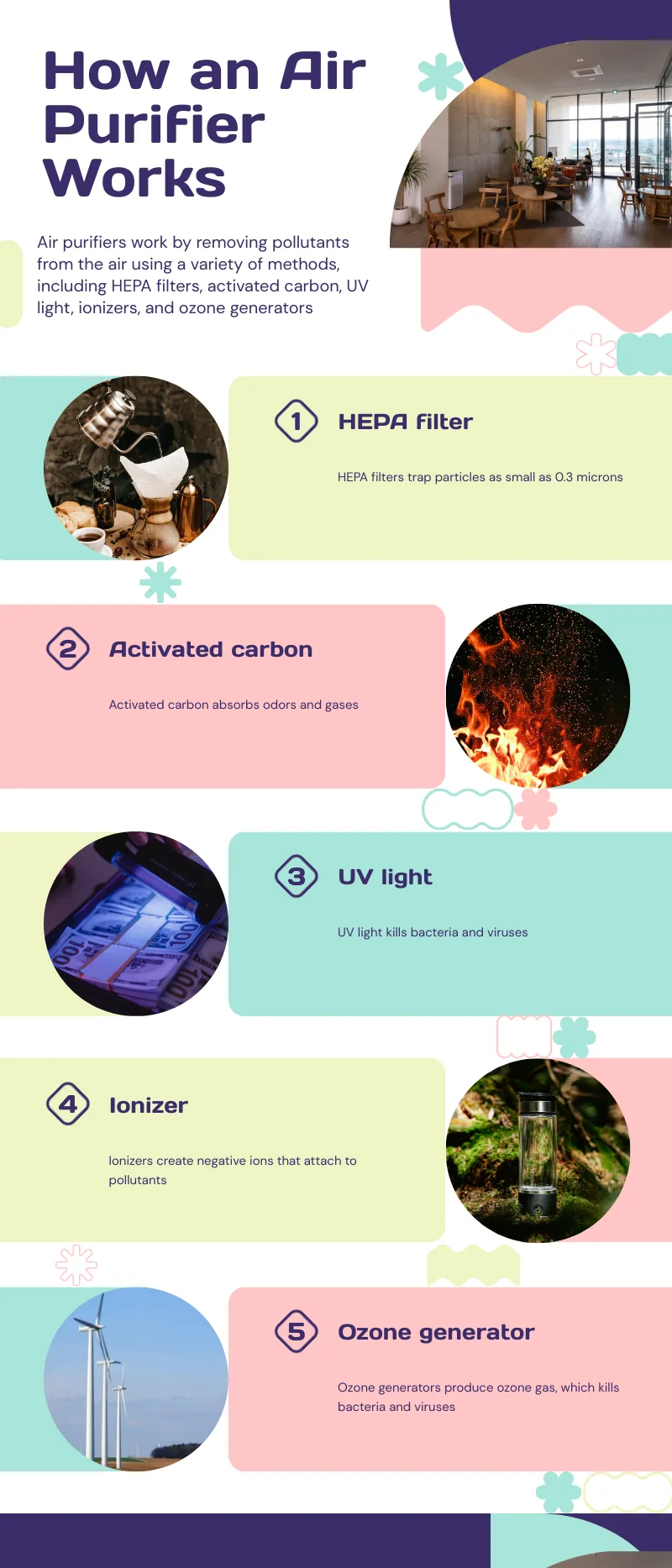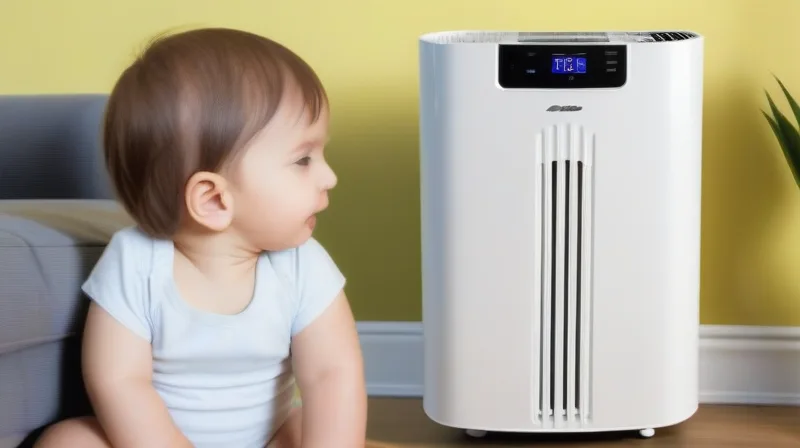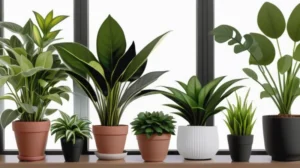:Breathe Easy: A Guide to Choosing the Best Air Purifier for Your Home
Table of Contents
In the quest for cleaner and healthier indoor air, the maze of options when it comes to air purifiers can often feel daunting. From HEPA filters to activated carbon wonders and UV-C light marvels, the realm of air purification technology is as diverse as it is vital.
Each type brings its unique strengths and nuances to the table, offering a spectrum of approaches in ridding your living space of pesky pollutants and allergens.
HEPA filters stand tall as stalwarts in air purification, wielding their fine mesh screens to trap microscopic particles with surgical precision. On the other end, activated carbon filters act as molecular sponges, absorbing odors and volatile organic compounds that may lurk unseen but they can still affect your environment.
Let’s not forget about UV-C light purifiers – like invisible sentinels patrolling your airspace, they utilize ultraviolet rays to neutralize harmful microorganisms with an efficiency akin to nature’s own cleansing sunlight.
The Need for Air Purification
Indoor air pollution is a serious issue that can have a negative impact on your health. Common indoor air pollutants such as dust, pet dander, pollen, and volatile organic compounds (VOCs) can trigger allergies, asthma, and other respiratory problems. By using air purifiers and indoor plants, you can effectively remove these pollutants from the air and create a healthier living environment for you and your loved ones.

Benefits of Using Air Purifiers
Air purifiers work by filtering out airborne contaminants, including dust, mold spores, bacteria, and viruses. By removing these pollutants from the air, air purifiers can help reduce allergies, asthma symptoms, and respiratory issues. Additionally, air purifiers can improve overall indoor air quality, making your home a more comfortable and welcoming space.
Factors to Consider When Choosing an Air Purifier
When it comes to selecting the perfect air purifier for your home, one of the crucial factors to keep in mind is matching the purifier’s capacity with your room dimensions.
A common mistake many make is overlooking this aspect and ending up with a unit that isn’t powerful enough to effectively clean the air in larger spaces. By understanding the square footage recommendations provided by manufacturers and ensuring they align with your room size, you can optimize the purification process and enjoy cleaner, fresher air throughout.
For individuals dealing with allergies or asthma, choosing an air purifier equipped with special features designed for these specific needs can make a significant difference in their daily lives. Look for models that come with HEPA filters capable of capturing even the tiniest allergens like dust mites, pollen, or pet dander.
Additionally, consider units incorporating activated carbon filters to eliminate odors and VOCs that might trigger respiratory issues. Investing in an air purifier tailored to allergy sufferers ensures a healthier indoor environment conducive to overall well-being.
Another essential aspect often overlooked but equally important is assessing the noise level produced by different air purifiers based on where you plan to place them within your living space. While some users may not be bothered by a slight hum in the background as it indicates effective airflow circulation, others may find louder units distracting during work or sleep hours.
Consider manufacturer-provided noise specifications and test placement options beforehand to achieve a balance between filtration efficiency and minimal disturbance, ensuring an optimal user experience at home.
Additional Features and Considerations
When it comes to choosing the perfect air purifier for your home, two key factors often overlooked are its energy efficiency rating and maintenance requirements.
Energy consumption not only impacts your electricity bills but also plays a significant role in the device’s long-term sustainability. Opting for an air purifier with a high energy efficiency rating can help you save money over time while reducing your environmental footprint.
Select a model that balances powerful filtration with minimal power usage, you can enjoy cleaner indoor air without compromising on eco-friendliness.
Maintenance
Another crucial aspect to consider is the maintenance requirements of your chosen air purifier. Filter replacements and cleaning routines are essential tasks in ensuring optimal performance and prolonging the lifespan of the device.
Look for models that offer easy-to-access filters that can be replaced or cleaned quickly without hassle. Some units even come with indicator lights to remind you when it’s time for maintenance, simplifying the upkeep process so you can focus on enjoying fresh, clean air in your home effortlessly.
Paying attention to the energy efficiency rating and maintenance requirements of an air purifier is vital in making a well-informed decision for your living space.
Budget-Friendly Options vs High-End Models
When it comes to selecting an air purifier, the first consideration for many is often the price tag. Budget-friendly options can provide effective air purification without breaking the bank.
These models may lack some of the extra bells and whistles of their high-end counterparts but focus on core functionality at a more accessible cost. Look out for reputable brands that offer affordable solutions backed by positive user reviews, providing peace of mind that you’re investing in a quality product without overspending.
On the other end of the spectrum lie high-end models boasting advanced features such as smart sensors, multiple filtration stages, and sleek design elements.
While these premium air purifiers come with a heftier price tag, they often deliver superior performance and additional benefits like energy efficiency or customizable settings tailored to your specific needs.
Consider whether these added features align with your priorities and if they justify the higher investment for long-term air quality improvement in your home.
Finding the right balance between budget-friendly options and high-end models involves weighing not just upfront costs but also long-term benefits and maintenance expenses.
Expert Tips for Maximizing Your Air Purifier’s Performance
When it comes to getting the most out of your air purifier, placement is key. To truly optimize airflow circulation and effectiveness, consider placing your device in a strategic location within the room.
Ideally, position the air purifier in an area where it has ample space on all sides to intake and distribute clean air efficiently. Avoid placing it directly against walls or furniture that could obstruct airflow, as this can hinder its ability to effectively clean the surrounding environment.
In addition to thoughtful placement, regular maintenance practices are essential for ensuring that your air purifier continues to perform at its best over time. Simple tasks such as cleaning or replacing filters as recommended by the manufacturer can go a long way in maintaining peak efficiency.
Conclusion
In conclusion, choosing the best air purifier for your home is an important step towards improving indoor air quality and creating a healthier living environment.
Using air purifiers and indoor plants can help you effectively remove airborne contaminants and toxins from the air, making your home a safer and more comfortable place to be.
We hope this guide has been helpful in providing you with valuable information on air purifiers and indoor plants. Remember to breathe easy and enjoy the benefits of cleaner indoor air!
FAQ
How often should I replace the filters in my air purifier?
It is recommended to replace the filters in your air purifier every 6-12 months, depending on the manufacturer’s guidelines and the level of air pollution in your home.
Can air purifiers help with pet allergies?
Yes, air purifiers can help reduce pet dander and allergens in the air, providing relief for those with pet allergies.
Are there any side effects to using an air purifier?
Generally, there are no major side effects to using an air purifier. However, some individuals may experience slight discomfort from dry air if the air purifier is not properly maintained.
Resources
- Consumer Reports
- Website: https://www.consumerreports.org
- Consumer Reports offers comprehensive reviews and ratings on various air purifiers, helping consumers make informed decisions based on performance, features, and reliability.
- Allergy & Air
- Website: https://learn.allergyandair.com
- Allergy & Air provides guides, articles, and product reviews related to air purifiers, allergies, and indoor air quality, offering valuable insights for allergy sufferers and those looking to improve air quality.
- Environmental Protection Agency (EPA)
- Website: https://www.epa.gov/indoor-air-quality-iaq
- The EPA’s Indoor Air Quality (IAQ) website offers resources and information on indoor air pollutants, including guides on selecting and maintaining air purifiers to improve indoor air quality.





